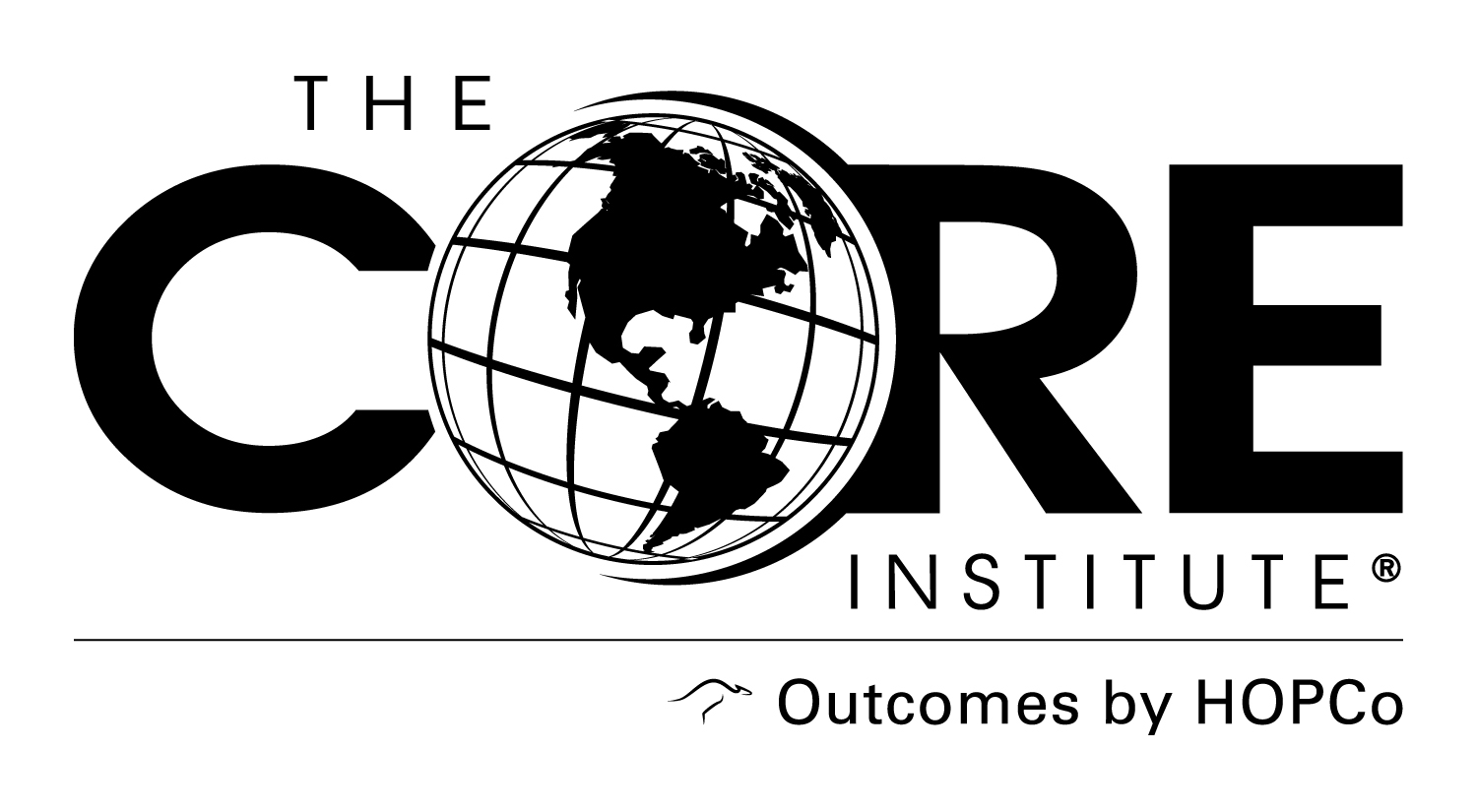A dedication to critical research initiatives through partnership with The CORE Institute is just one way the nonprofit MORE Foundation serves Arizona.
While these efforts command the lion’s share of attention for the organization, the MORE Foundation also oversees many charitable and educational programs that serve often overlooked healthcare needs. Here’s a look at two such efforts making a direct impact both in Arizona and nationally.
Making a difference
Started three years ago, Helping Hands provides free prosthetic hands to children born with impaired hands or arms. These children often have difficulty finding insurance coverage for a prosthetic, but Helping Hands can step in. Thanks to 3D printing technology and the time donated by research scientists, the program has crafted five prosthetic hands a year for children in need. The new limbs are also custom built to fit the personality of the recipient. For example, one child wanted his made into the shape of a “Star Wars” Stormtrooper’s hand, another requested an “Iron Man” superhero hand, to name just a few.
“The primary feedback we get from parents is how the prosthetics have opened their children up in social situations. Instead of having an arm that’s different, it’s now a conversation starter and often the envy of other kids,” said Marc Jacofsky, Ph.D., Executive Director of Research and Education for the MORE Foundation. “We’ve been able to change the personality of these kids and allow them to open up socially.”
Because their bodies are still growing, children needing a prosthetic also may need a new one every 12 to 18 months. Helping Hands recently had a patient fit for his second hand.
“Once they’re in our program, we’ll continue to make them a new prosthetic until they stop growing,” Dr. Marc Jacofsky added.
Help for veterans
Started five years ago, the Veterans Transportation Assistance Program (V-TAP) has provided more than 1,600 rides for veterans to and from healthcare appointments across Maricopa County. These are not just appointments to and from The CORE Institute facilities, Dr. Marc Jacofsky emphasized.
Years ago, veterans started having the option to choose healthcare providers outside the VA system to reduce wait times. Medical providers, even some at The CORE Institute, noticed more veterans coming in for treatment. However, many missed follow-up appointments because they did not have a ride to the office.
With V-TAP, veterans can call medical transportation companies who partner with the program. The companies provide the transportation service, charge the MORE Foundation a discounted rate, and eliminate out-of-pocket costs for the vet in need.
Meeting needs
The program has benefited from some funding sources. Lyft initially provided a $5,000 grant, and the annual “Ride-n-Raise” motorcycle event put on by Cave Creek’s American Legion Hall, Post 34, raises V-TAP funds each spring. But there is far greater demand for the service, Dr. Marc Jacofsky noted.
“We think it’s great that veterans (from the American Legion) are willing to step in and raise money for other vets,” he said, “and we will continue to apply for other funds as well.”
- Check Your Spine - April 14, 2021
- 10 Tips For Your Best Home Workout - April 14, 2021
- Faster Orthopedic Service… No Appointment Necessary! - April 14, 2021
